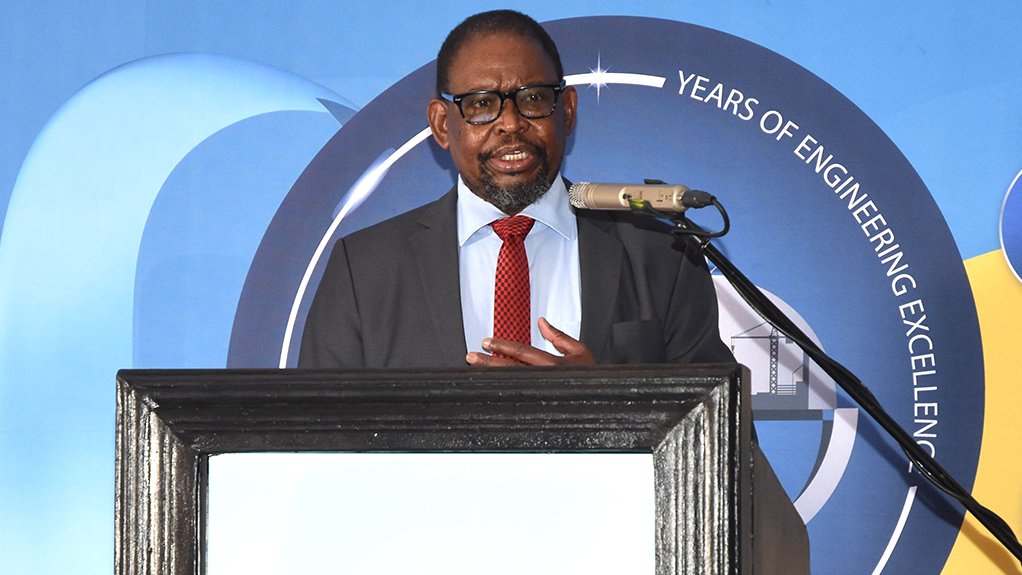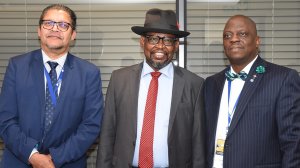A reoccurring theme at Consulting Engineers South Africa’s (Cesa’s) Infrastructure Indaba, held last month in Fourways, Johannesburg, was the need for consulting engineers – and engineers generally – to be more involved in decision-making regarding infrastructure.
During the event, Engineering Council of South Africa president Refilwe Buthelezi highlighted the potential for engineers to be a part of government to ensure infrastructure plans and processes were aligned with the reality of infrastructure development in South Africa.
The sentiment among speakers at the Indaba was that, at a municipal level, there was often a lack of understanding and knowledge regarding infrastructure maintenance and development. Therefore, municipalities could benefit significantly from engineers either through collaboration or even as employees.
During his presentation, Infrastructure South Africa head Dr Kgosientsho Ramokgopa said some municipalities underspent their budget, as they were apprehensive about making decisions that could be wrong or have a negative consequence which, in turn, would then impact on employees.
There was a need for professionalisation in local government, which would ensure that “quality people” were at deployed at municipalities, he noted, adding that he planned to collaborate with industry bodies – such as Cesa – to assist in creating a system for doing so.
Finance Minister Enoch Godongwana requested engineers to come forward and explain the difficulties they encountered during procurement processes.
He explained during his presentation there was a need to “reengineer the country”, which could be done with the knowledge and insight provided by engineers.
Meanwhile, Cesa CEO Chris Campbell said engineers had a significant role to play in addressing service delivery related to infrastructure functionality.
Despite there being engineers in government, they often lack the requisite exposure and experience in service delivery processes, which presents challenges.
Therefore, there should be emphasis on having engineers with the required experience and the skills related to the delivery process. Additionally, such engineers should also have an understanding of how to maintain current infrastructure along with the skills required to progress and work within government.
Campbell added that there was a “trust deficit” between government and the private sector, which needed to be addressed to allow for the level of collaboration required.
Speakers at the Indaba highlighted that many infrastructure projects needed to be developed, but that the rollout of such projects was slow.
In commenting on Ramokgopa’s presentation, Campbell described those municipalities that were not spending money on infrastructure as “corrupt” because they had the funding to address key infrastructure challenges within their municipalities but were not doing so.
“What we would like to come out of the Indaba is that we need to get to the point of doing things. Best we stop talking and get on with the job of getting our country back onto the path that it should be,” Campbell concluded.
Edited by: Zandile Mavuso
Creamer Media Senior Deputy Editor: Features
EMAIL THIS ARTICLE SAVE THIS ARTICLE
ARTICLE ENQUIRY
To subscribe email subscriptions@creamermedia.co.za or click here
To advertise email advertising@creamermedia.co.za or click here














